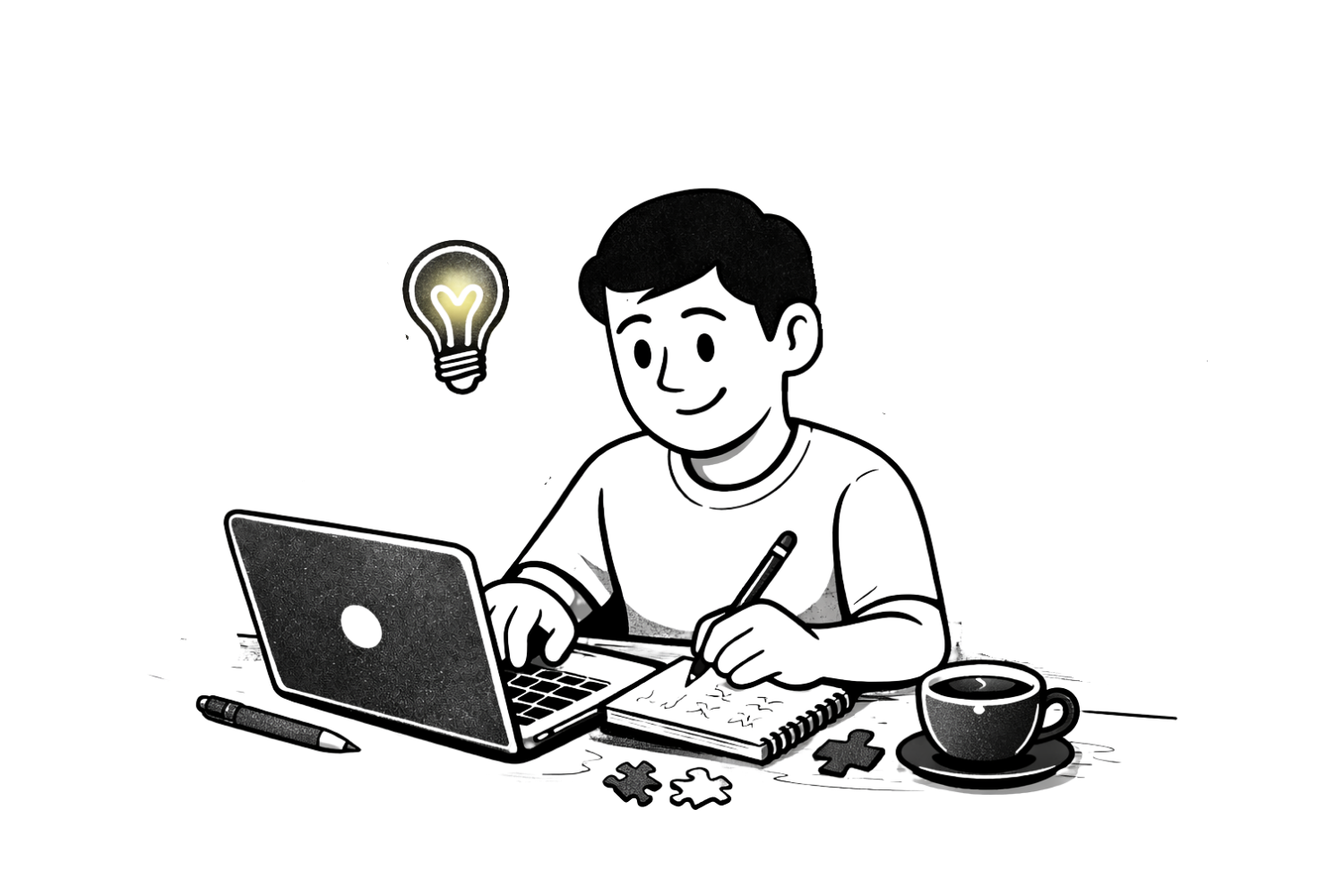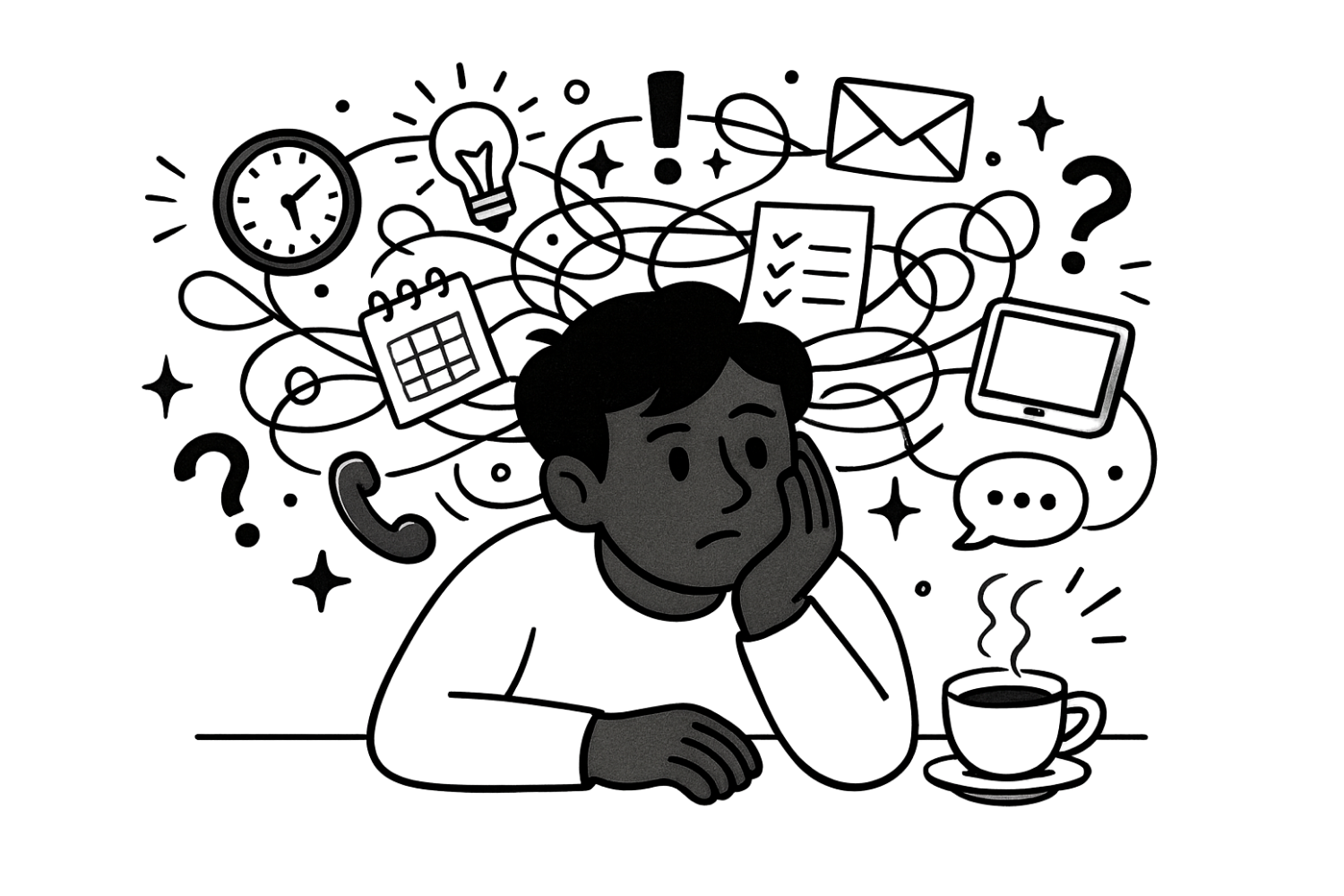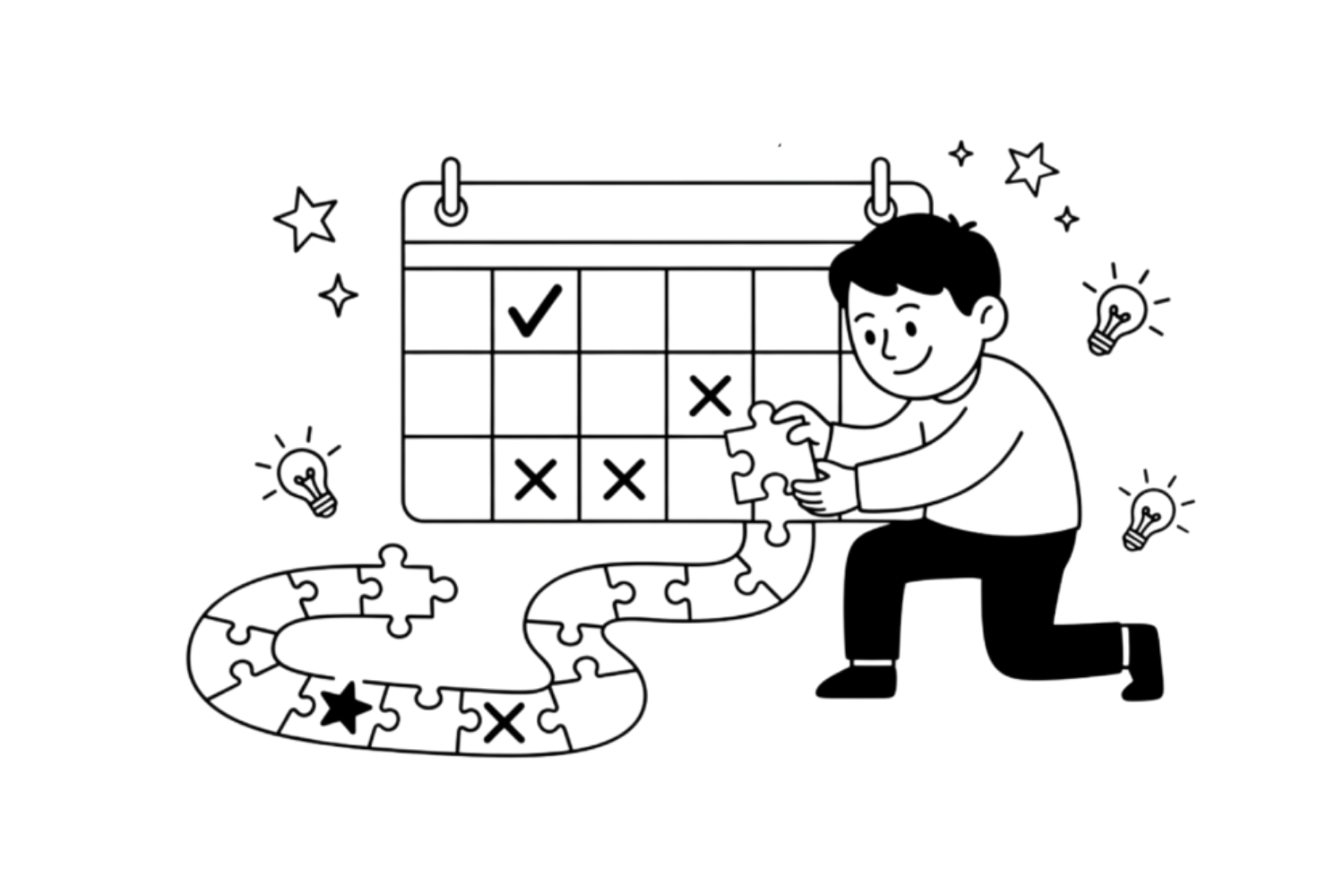Want to keep your brain sharp? Here’s the quick answer: Daily brain training offers quick improvements in focus and memory with short, consistent sessions, while weekly brain training provides deeper, long-term cognitive benefits with more flexible schedules. Both methods can improve mental agility, but your choice depends on your goals and lifestyle. Choose the schedule that fits your life, and remember: consistency is key for keeping your mind sharp and healthy.
Key Takeaways:
- Daily Training: 15–20 minutes daily; boosts memory, attention, and processing speed quickly but may lead to burnout.
- Weekly Training: 1–2 longer sessions weekly; builds stronger, long-term cognitive skills but requires discipline between sessions.
- Which is Better?
- Daily for short-term focus and habit-building.
- Weekly for long-term growth and a less demanding schedule.
Daily Brain Training: How It Works
What Daily Brain Training Involves
Daily brain training is all about setting aside 15–20 minutes each day to tackle targeted puzzles and activities. Think logic puzzles, memory games, and problem-solving challenges. The key here isn’t marathon sessions but consistent, bite-sized efforts. Regular practice hones specific cognitive skills like memory, attention, processing speed, and executive functions. Research even shows that brain training games can enhance executive functions and processing speed [3].
Mental Benefits of Daily Practice
The benefits of daily brain training go beyond just feeling sharper. One study involved 51 healthy participants who practiced 15 minutes of brain training daily for three weeks. The results were striking: attention-switching response times improved from 599.6 milliseconds to 512.2 milliseconds, and motor screening times dropped from 933.4 milliseconds to 761.4 milliseconds [7].
Beyond these measurable gains, daily practice can boost working memory, focus, and mental speed. Some studies suggest it may even delay age-related cognitive decline by as much as seven years [4]. Regular training also helps make tasks more automatic, increases efficiency, and reduces the mental effort required to complete them [6]. While these benefits are noteworthy, it’s important to consider the criticisms of brain training as well.
Weekly Brain Training: How It Works
What Weekly Brain Training Involves
Weekly brain training focuses on dedicating longer sessions - usually an hour or more, once or twice a week - to solving puzzles and engaging in challenging mental exercises. These extended blocks of time allow you to dive deeper into complex tasks and complete several cognitive activities in one sitting.
For instance, a typical session might include solving multiple crossword puzzles back-to-back, tackling a week’s worth of Stars games in one sitting, or pairing language learning with memory games. Dr. Howard E. LeWine, Chief Medical Editor at Harvard Health Publishing, highlights the importance of keeping your brain actively engaged:
"You have to always challenge your brain in order for it to grow. This is why choosing a new activity is so beneficial. It engages your brain to learn something new and offers the chance to improve." [1]
This approach works well for those who prefer concentrated, focused efforts. It allows for deep immersion in mentally stimulating tasks without the need for a daily routine, offering a structured yet flexible way to sharpen cognitive skills. While weekly sessions offer plenty of advantages, they aren’t without challenges. One of the main issues is staying motivated and engaged during the days between sessions. This gap can make it harder to form consistent habits and maintain momentum.
How Inkwell Games Fits Both Training Methods

At Inkwell, we understand that players have different schedules and preferences when it comes to brain training. That’s why the platform offers options that cater to both daily puzzle enthusiasts and those who prefer a more relaxed, weekly approach.
Daily Puzzle Options
For those who enjoy a daily mental boost, Inkwell Games provides fresh challenges every day. These puzzles are designed to be quick yet stimulating, offering a meaningful mental workout in just a few minutes. Puzzles ramp up in difficulty over the week with Sunday’s games providing a true challenge.
Options for Weekly Users
For players who prefer a more flexible schedule, the puzzles are available for the remainder of the week. Users can choose to solve Monday’s puzzle the day it comes out, or wait until later in the week and tackle multiple at once. Every Monday the week resets.
Conclusion: Choosing Your Brain Training Schedule
Deciding between daily and weekly brain training largely depends on your lifestyle and personal goals. Both approaches can improve cognitive function, but they cater to different needs.
Daily training helps establish a habit and boosts retention through spaced repetition. The frequent practice makes it easier to spot and correct mistakes quickly. Plus, shorter, more regular sessions are often easier to fit into a jam-packed schedule. Research supports this, showing that consistent, shorter sessions can lead to better retention and learning [2].
On the other hand, weekly training offers more flexibility. It’s a great option for those with unpredictable routines or for anyone who prefers longer, more in-depth mental challenges. This method allows for a deeper focus on complex tasks without the pressure of daily commitments.
When choosing your schedule, think about your goals, time availability, and learning style.
Dr. Manisha Parulekar, division chief for geriatrics at Hackensack University Medical Center, sums it up well:
"The goal is to keep using your brain. It doesn't matter how that goal is accomplished." [10]
The key is finding a schedule that aligns with your lifestyle and sticking to it. While weekly training may require more discipline to stay on track, it can still be a practical and effective way to strengthen your mind over time.
The takeaway? Consistency matters. Regular mental exercises keep your mind sharp and can even help delay cognitive decline [23]. Start with small, manageable sessions, outline your goals clearly, and stick with it [22].
With an estimated 115 million dementia cases expected globally by 2050 [21], taking a proactive approach to brain health is more important than ever. The ideal training schedule will vary based on factors like age, current cognitive abilities, and personal objectives [17]. Whatever you choose, commit to it—your brain will thank you.





.png)



